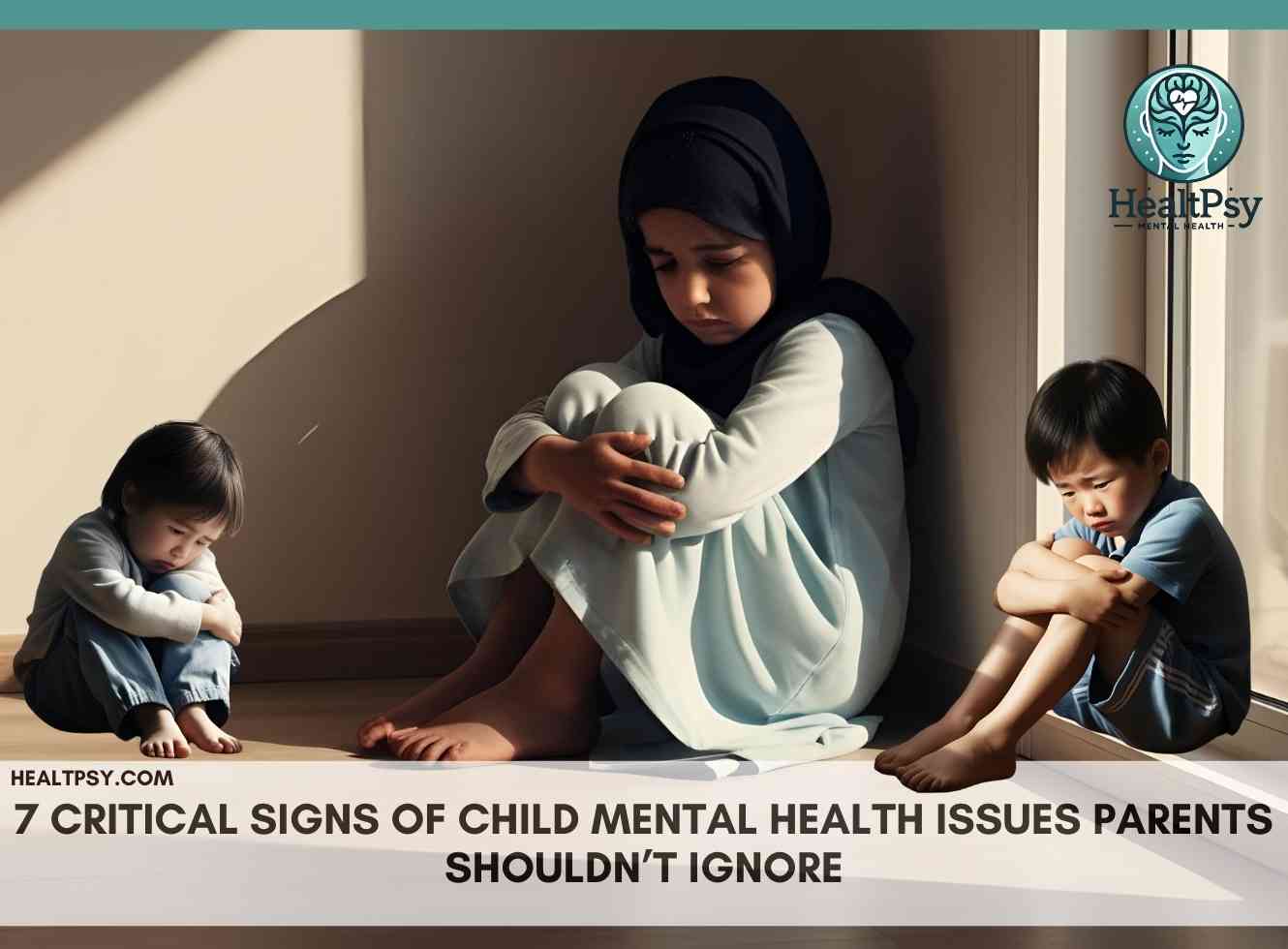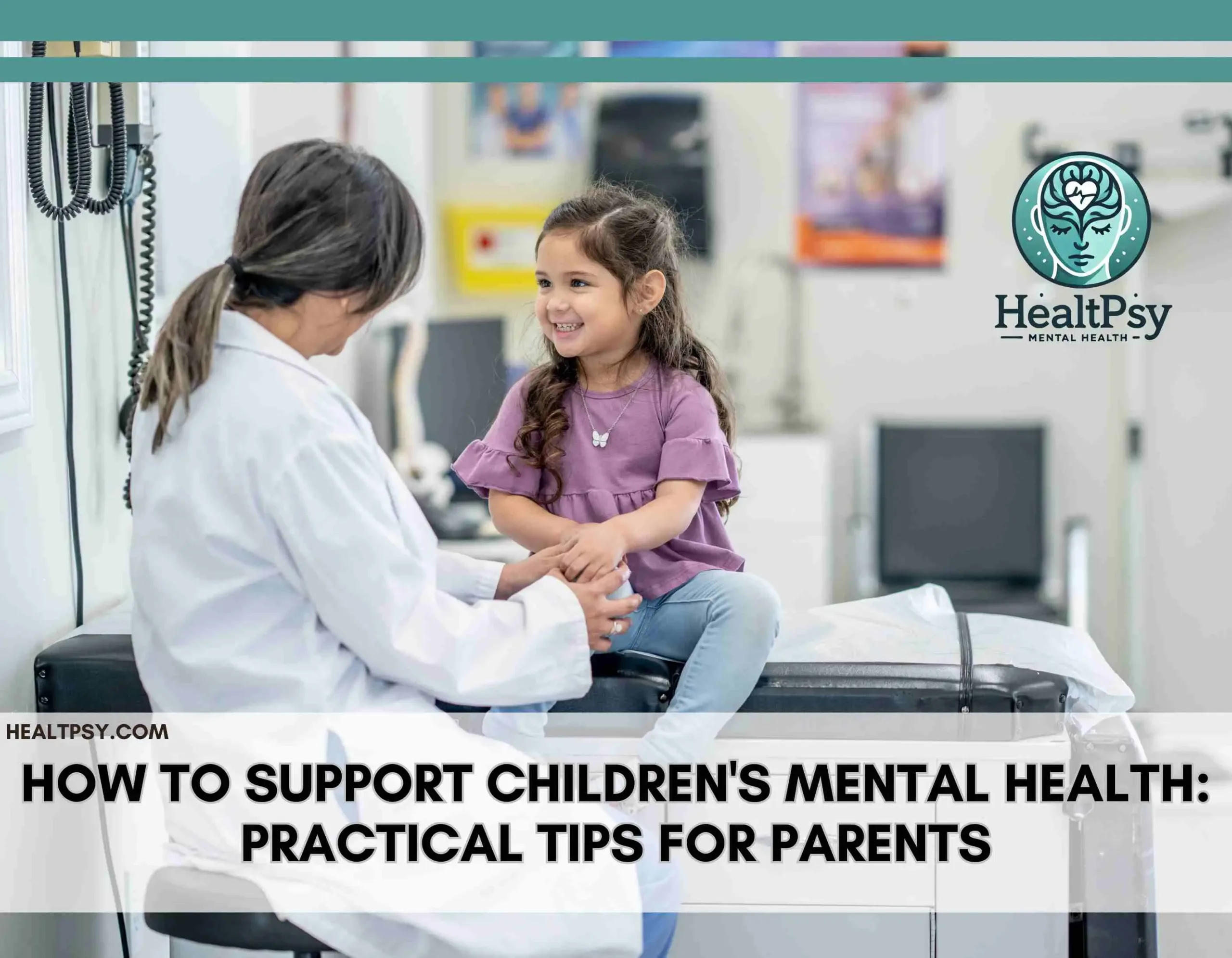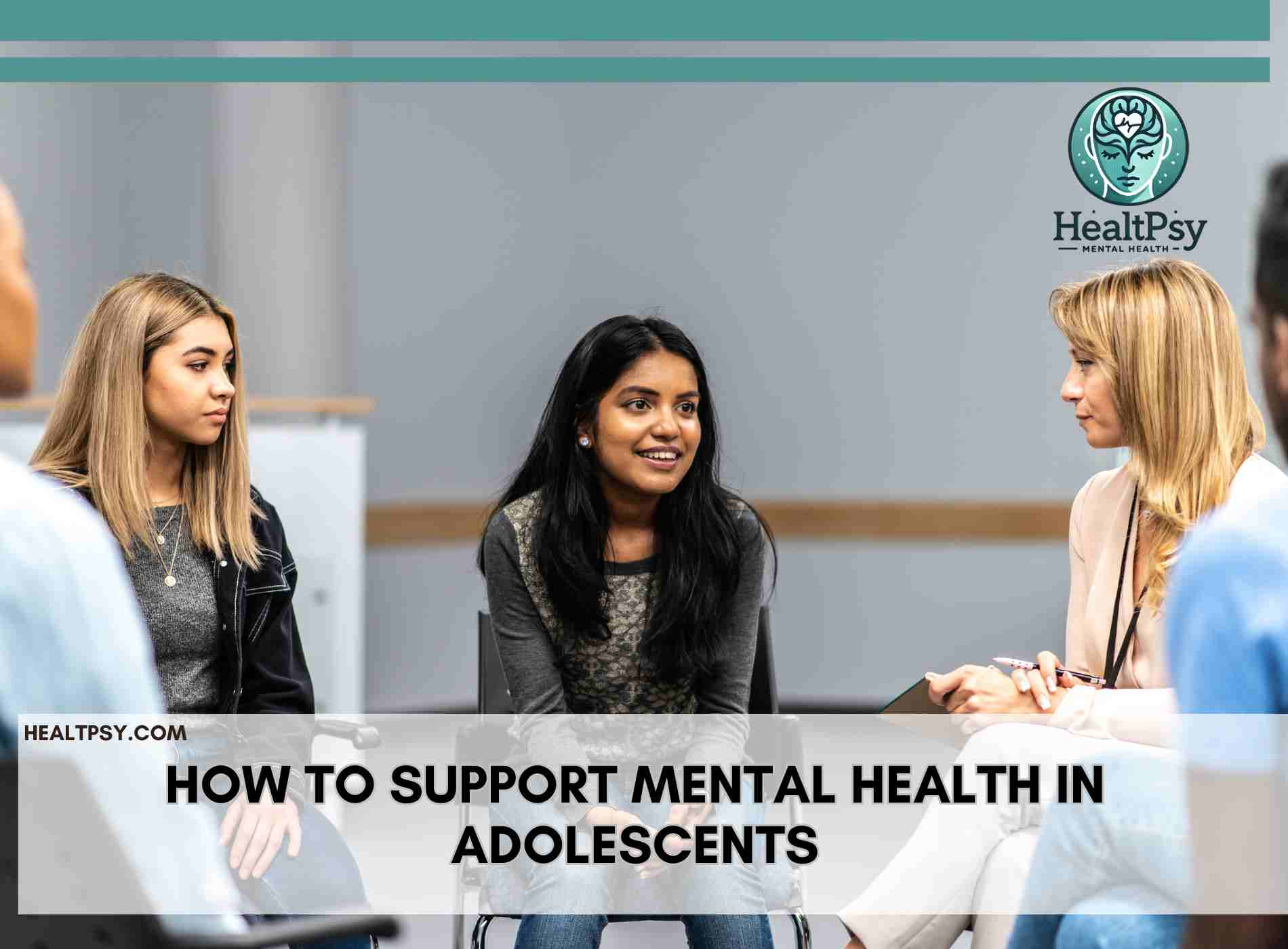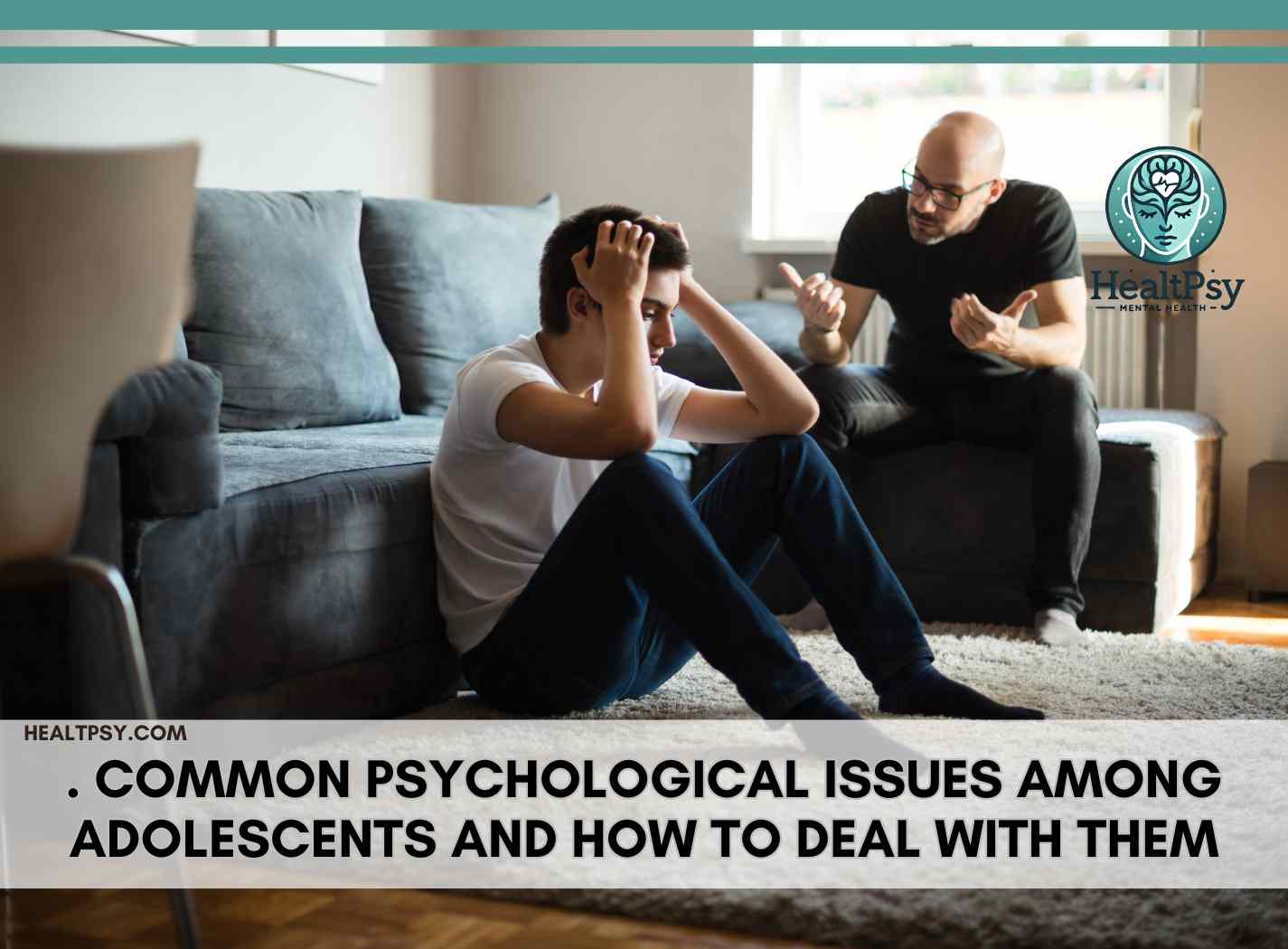7 Critical Signs of Child Mental Health Issues Parents Shouldn’t Ignore
Introduction
Recognizing early signs of child mental health issues can be the key to timely intervention and lasting emotional well-being. In the U.S. and Canada, rates of anxiety, depression, and behavioral disorders among children are rising steadily—yet many go undiagnosed or misunderstood.
Mental health challenges in children often appear differently than in adults. What may seem like simple mood swings or “bad behavior” could actually be signs of deeper struggles. As a parent, teacher, or caregiver, knowing what to look for can help you take effective action early.
In this article, we explore 7 critical signs your child might be struggling with mental health issues, how to interpret them, and what steps to take to protect your child’s psychological wellness.
According to the CDC, 1 in 6 children in the U.S. has been diagnosed with a mental, behavioral, or developmental disorder.
External Source: Child Mind Institute – Children’s Mental Health Guide
External Source: Mental Health America – Children’s Mental Health
1. Persistent Mood Swings or Irritability
Occasional mood changes are normal for kids, especially during growth phases. However, if your child seems constantly irritable, angry, or withdrawn for weeks or months, it may indicate a mood disorder such as depression.
Signs to Watch:
- Frequent angry outbursts
- Chronic sadness
- Overreactions to small triggers
Related: 10 Signs of Anxiety in Children and How to Identify Them
2. Sudden Drop in Academic Performance
If a child who previously excelled in school suddenly starts failing tests or avoiding homework, child mental health issues may be a contributing factor. Anxiety, ADHD, or trauma can disrupt focus and cognitive processing.
Additional Clues:
- Declining grades
- School refusal
- Trouble concentrating
Related: Common Psychological Issues Among Adolescents and How to Deal With Them
3. Changes in Sleep or Eating Patterns
Disruptions in sleep or appetite are major indicators of emotional distress. Look for extremes—such as oversleeping, insomnia, binge eating, or food refusal.
External Source: American Academy of Pediatrics – Mental Health Disorders
4. Excessive Fears or Worries
It’s normal for children to worry occasionally. But if your child exhibits irrational fears, avoids certain places, or asks the same fear-based questions repeatedly, they might be experiencing anxiety.
Common Anxiety-Related Behaviors:
- Fear of being alone
- Avoidance of school or social settings
- Physical complaints like stomachaches
5. Social Withdrawal
Children are naturally social beings. If your child suddenly avoids friends, family activities, or isolating themselves in their room, this may be a red flag for underlying child mental health issues.
Watch For:
- Avoiding birthday parties or outings
- Lack of interest in hobbies or sports
- Reluctance to talk about their feelings
Related: 7 Powerful Ways Sports Activities Improve Children Mental Health
6. Self-Harming Behaviors or Risky Actions
Behaviors such as cutting, head banging, or frequent dangerous stunts can be cries for help. These signs often indicate underlying depression, trauma, or identity confusion.
If you notice signs of self-harm, seek immediate help from a licensed mental health professional.
7. Regressive Behavior
Children under psychological stress may regress to earlier developmental stages. This includes bed-wetting, thumb-sucking, clinginess, or baby talk—even if they had previously outgrown these behaviors.
Additional Signs:
- Needing excessive reassurance
- Fear of being away from a parent
- Panic at bedtime
What to Do if You Notice These Signs
1. Talk Openly and Calmly
Let your child know they are safe to talk to you about anything. Avoid judgmental language.
2. Consult a Mental Health Professional
Pediatric psychologists and counselors can offer screenings and tailored treatment.
3. Involve the School
Work with teachers, counselors, and school psychologists for support and accommodations.
4. Create a Supportive Home Environment
Maintain routines, offer praise for effort, and ensure your child feels loved and understood.
Conclusion
Identifying child mental health issues early can dramatically improve outcomes. Whether it’s subtle shifts in behavior or alarming warning signs, your awareness is a powerful tool in your child’s emotional journey.
Early support, professional guidance, and a compassionate home environment can help your child thrive emotionally, academically, and socially.
External: CAMH – Child and Youth Mental Health
child mental health issues child mental health issues child mental health issues child mental health issues
you might also like





